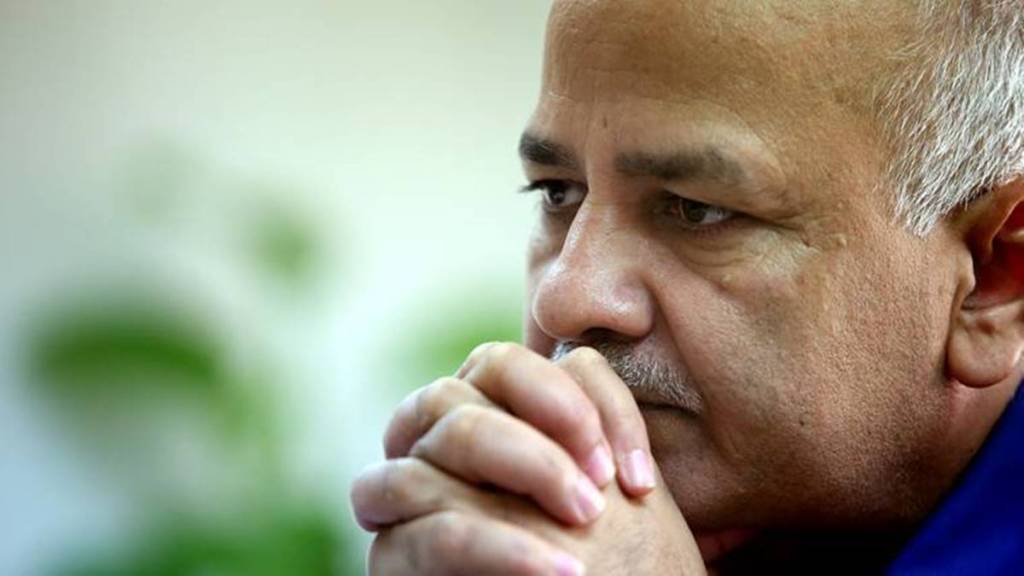Delhi’s Rouse Avenue court on Thursday extended the judicial custody of Manish Sisodia, the former Deputy Chief Minister of Delhi, till November 22 in the Delhi excise policy case.
Sisodia has been in custody since his arrest by the Central Bureau of Investigation (CBI) on February 26, in connection with the alleged ‘scam.’ The Enforcement Directorate (ED) arrested him on March 9 in a money laundering case arising from the CBI’s FIR, following an interrogation at Tihar Jail.
The Delhi court’s decision comes after the matter was discussed in the Supreme Court, where concerns were raised by the Enforcement Directorate regarding an alleged bribe related to the modification of Delhi’s excise policy.
Also Read: Delhi excise policy case: CBI, ED contemplating over making AAP an accused, Supreme Court told
It was stated that if this alleged bribe is not considered a predicate offence, it might pose challenges for the federal probe agency to establish charges of money laundering against Manish Sisodia.
A bench of Justices Sanjiv Khanna and SVN Bhatti, who had been deliberating two separate regular bail pleas by Sisodia in the corruption and money laundering cases, said that assumptions about the payment of bribes cannot be the basis for legal actions. They stressed the importance of upholding the legal rights of the accused under the law.
This observation from the bench followed statements made by senior advocate Abhishek Singhvi, who is representing Sisodia. Singhvi pointed out that there were no allegations of a bribe forming part of the predicate offence as per the Prevention of Money Laundering Act (PMLA) case against the AAP leader.
Also Read: Excise Policy case: Delhi HC sends Sanjay Singh to judicial custody till October 27
Manish Sisodia resigned from the Delhi cabinet on February 28.
The excise policy, implemented by the Delhi government on November 17, 2021, was terminated at the close of September 2022 amid allegations of corruption. According to investigative agencies, this new policy increased the profit margin for wholesalers, rising from 5% to 12% due to financial considerations.
These agencies have further alleged that the new policy led to cartelisation and favoured those ineligible for liquor licenses in exchange for financial benefits.
However, both the Delhi government and Sisodia have consistently denied any wrongdoing, asserting that the new policy would have boosted the state’s excise revenue.
(With inputs from PTI)


